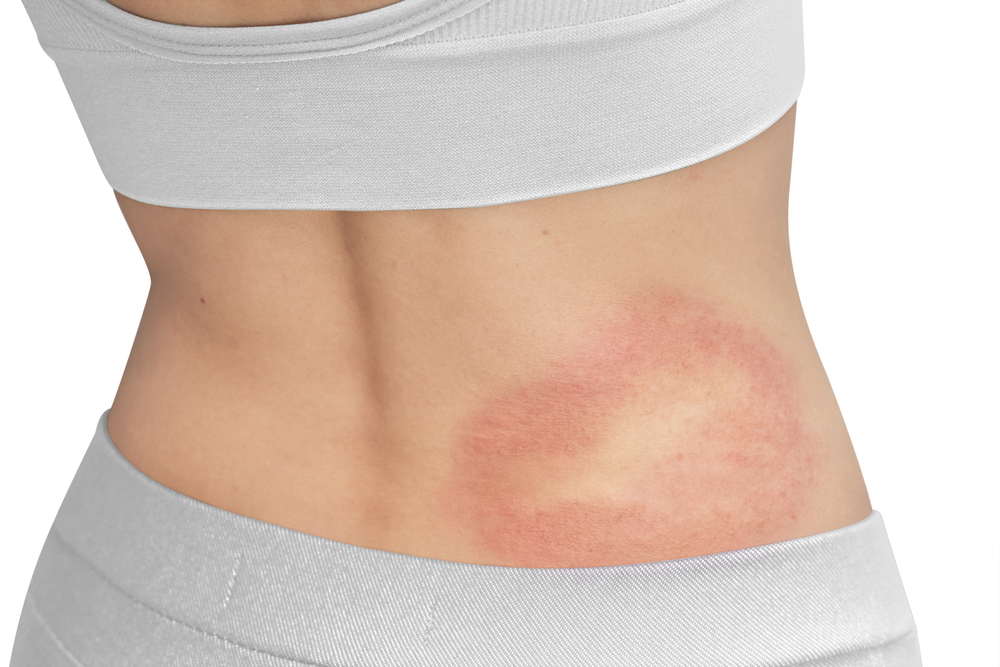6 Tips to Prevent Recurrence of Fungal Infections
Want to be the first to hear latest news and find out about our exclusive promotions.
Sign Up for Our Newsletter:

Fungal infections are very common because they easily spread through direct contact is such places as the gym, home, work, and in public places. Common fungal infections are athlete’s foot, yeast infection, ringworm of the body and scalp, jock itch, and candidiasis. The typical symptoms are an itchy or scaly rash or discolouration of the skin.
Fungal infections can be easily treated with antifungal cream and are preventable if you follow simple hygienic measures. Let’s look at 6 steps you can take to prevent fungal infections as well as their recurrence.
Tips to Prevent Fungal Skin Infections
1. Wear clean and dry clothes.
Many people have a habit of wearing clothes a few times before they wash them. This can increase your risk of getting a fungal skin infection. Wear dry and clean clothes every day, especially socks and undergarments.
2. Avoid wearing tight clothes and tight shoes.
Dampness and sweat create ideal environments for fungus growth. Wear shoes and loose clothes that let your skin to breathe.
3. Bathe everyday
This is the basic tenet of personal hygiene. Having a bath or shower every day is enough to maintain cleanliness. However, if you’ve had an intense and sweaty session at the gym or doing sports, always shower after.
4. Keep yourself dry.
Keep your groin area, feet, underarms, and buttocks clean and dry. Dampness commonly gets trapped in these areas, making them an ideal area for fungal growth. Choose clothing and shoes that have material that lets your skin breathe. Always change out of wet socks, underwear, or clothes immediately.
5. Avoid being barefoot.
Wear flip-flops or sandals, especially in common areas at the gym and in the locker rooms. You can catch fungal skin infections (athlete’s foot) from the floor, especially if you have cuts on your feet. It’s simple to treat athlete’s foot with fungal infection cream for feet.
6. Eat a healthy diet.
Adding probiotics to your diet can provide good bacteria to help your body fight against the harmful fungi that cause fungal skin infections. And, by reducing the amount of sugar in your diet, you can decrease the risk of yeast infections.
Fungal skin infections are easily preventable and also completely treatable with antifungal creams that can be bought at Pearl Chemist Group – online or in-store at multiple South London locations.
- Stop Smoking Service (31)
- Baby Care (16)
- Allergy and Hayfaver (15)
- Medicine Online (1)
- Skin Care (40)
- Vitamin And Supplement (71)
- Hair Care (32)
- Fungal Infection (12)
- Sore Throat Treatment (32)
- Flu Relieving Medicine (3)
- Deodorants (5)
- Diarrhoea Treatment (2)
- Muscle Pain Treatment (6)
- Covid-19 Essentials (4)
- Cold and Flu Treatment (23)
- Back Pain Relief Treatment (2)
- Repeat Prescription Service (12)
- joint Pain Treatment (17)
- Sinus Treatment (1)
- Migraine Tratment (11)
- Arthritis Treatment (2)
- Fungal Infection Treatment (23)
- Press Release (1)
- Sexual Health (34)
- Health Checkup (22)
- weight management service (36)
- Flu vaccination (44)
- Emergency contraception (14)
- Travel clinic (61)
- Corona Disease (1)
- Emergency Medicines Service (2)
- Monitored Dosage Systems service (1)
- Medicines User Review service (1)
- Covid 19 Test (12)
- skincare (34)
- Ear microsuction (34)
- Pain Treatment (2)
- stomach pain Treatment (8)
- Stop Smoking Aids (7)
- headache & pain relief (3)
- Eye Care (11)
- Diabetes (11)
- Skincare Product (23)
- Health Care (9)
- Blood Pressure Check (17)
- hajj vaccination (3)
- Perfumes (7)
- Dental Oral Care (6)
- Foot Care (5)
- Ear Care (7)
- Care Home (8)
- Shingles (3)
- Sinusitis (3)
- Infected Insect Bites (3)
- Acute Otitis Media (2)
- Impetigo (2)
- UTI (2)






